Program Agenda
- Thursday April 28, 2022
- Friday April 29, 2022
- Saturday April 30, 2022
Trial Network WIN Society Reception
Cocktail Reception and Group Dinner Poolside
Hospitality Suite
Sunrise Yoga
Breakfast and Program Registration

Amy Sorenson
Opening Statement by The Trial Network Chair
Welcome from the Seminar Chairs

Greg Marshall
Classing Up Your Class Action Act
Last term, the U.S. Supreme Court gutted TCPA class actions, walked back defense-friendly personal jurisdiction jurisprudence, and dove back into the muddy waters of Article III standing, leaving class action litigants whip-sawed. This session reviews the fallout of these significant decisions and what they mean for corporate defendants.
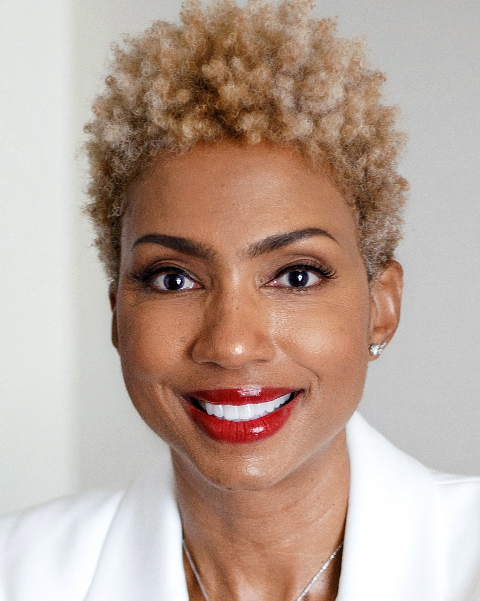
Malissa Wilson
Workplace Behavioral Issues: Handling Thorny Situations
Responding to problematic employee behaviors can be a thorn in the side of in-house counsel. This session covers how to recognize behavioral problems and mitigate legal risks, as well as appropriate disciplinary measures for employees whose performance and inappropriate behavior could lead to significant litigation.

Haley Cox
The Rise of Nuclear Verdicts
Nuclear jury verdicts—which often defy reason and are emotionally motivated—are on the rise, even in so-called conservative jurisdictions. This session explores the psychological impact of COVID-19 and modern political unrest on juries. It also provides strategies for defense lawyers to avoid a nuclear strike by delivering compelling and persuasive arguments in this volatile environment.
With Discussion by Christina Marinakis – IMS / Litigation Insights

Katie Reilly
Panel: Are Non-Competes Dead? The Paths Forward for Businesses
On July 9, 2021, President Biden signed the executive order, “Promoting Competition in the American Economy,” and directed the FTC to curtail the use of non-compete clauses. While the FTC has not yet taken action, the executive order tracks a growing trend among state legislatures eliminating, restricting, and even criminalizing the use of non-compete agreements. This panel discusses potential implications for businesses and provides strategies for protecting trade secrets, customer relationships, and confidential information in light of these anticipated measures.
Panelists:
Marcy Heronimus – Lumen
Sherin Sakr – WellBiz Brands
Marissa Ronk – Wheeler Trigg O’Donnell
Coffee and Refreshment Break
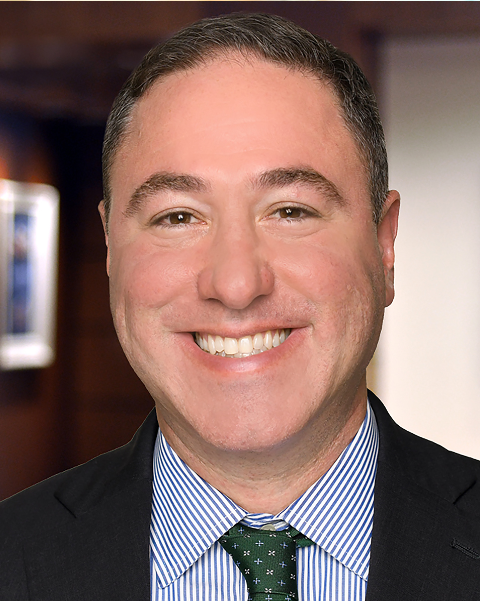
David Suchar
Panel: Blockchain, Smart Contracts and Cryptocurrency: Addressing Litigation Risks
In promoting investment in cryptocurrency, actor Matt Damon states that “fortune favors the brave.” But does bravery mean flouting legal risks? This panel provides an overview of the blockchain, NFT and cryptocurrency space and explores developing legal issues, including implications of smart contracts, actual and potential litigation, and the application of familiar legal issues to this new asset class (IP and ownership rights, fraud and theft, regulation, attempts to mainstream smart contracts, litigation finance, etc.)
Panelists:
Alex Levine– Dapper Labs
Joshua Metcalf – Forman Watkins & Krutz
Todd Williams – Corr Cronin
Gather Lunch for Break-Out Sessions
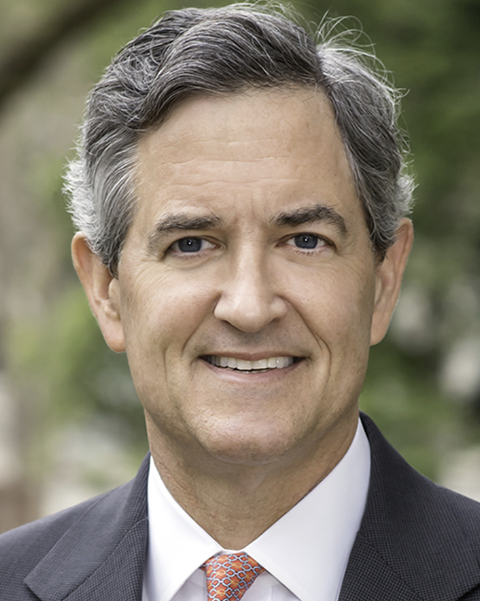
Tony Lathrop
Break-Out Track A: Driving the Docket - How Innovation and Investments in Transportation and Infrastructure are Shaping Litigation
The transportation sector is transforming rapidly, driven by technological innovation and unprecedented nationwide investment in infrastructure, and this transformation will undoubtedly change the industry’s legal landscape. This session explores areas of law that may be impacted by the disruption of the transportation industry, including liability and insurance for automated and shared vehicles, right of way and property access, mobile privacy and data security, employment relationships, and increasing pressure on governments to modernize transportation infrastructure.
Discussion Leaders:
Greg Boulanger – HNTB
Mike Garcia – Domtar Paper (former President)
Jennifer White – Volkswagen

Tony Rospert
Break-Out Track B: Outside Counsel Report Card - Best Practices and Pet Peeves
If you graded your outside counsel on a report card, what letters would you assign for communication clarity, billing and budgeting, partnership, and productivity? This panel of in-house counsel outside counsel does just that, and also shares best practices employed by their teams to manage ever-increasing workloads. In-house counsel also share sources of frustration with law firms which, despite a stated willingness to improve case management, have much room for improvement if they want an “A” in meeting the needs of in-house counsel.
Discussion Leaders:
Ross Andre – Southern Company
Ryan McManis – Lumen
Maureen Middleton – Primerica
Andowah Newton – LVMH Moet Hennessey
Dee Dee Stephens-Broussard – Liquid Power Specialty Products
Racheal Turner – Twitch.tv (Amazon)

Derek Stikeleather
Break-Out Track C: Using Recent Changes to Daubert and FRE 702 to Support Exclusion of Expert Testimony
The bane of defense counsel is hearing the court say, “It goes to the weight of the evidence” or “It’s a jury question” in response to a carefully prepared Daubert challenge to an especially unreliable expert opinion. Recent changes to Federal Rule of Evidence 702 take direct aim at such permissive decisions as “wrongly decided.” This session shares trial techniques that employ the most recent developments in Daubert law to keep unreliable opinion testimony out of the courtroom.
Discussion Leader:
Shilpa Bhatia – Providence St. Joseph Health
Recreation: Golf, Jeep Safari, City Slickers Cattle Drive, Nature Photography
Group Cocktails and Dinner
Hospitality Suite
Sunrise Yoga
Breakfast and Program Registration
Welcome Back from the Seminar Chairs

Ray Lewis
Tales from the Other Side: Lessons Learned as Plaintiff’s Counsel
In May 2021, defense attorney Ray Lewis switched sides and obtained a $26 million judgment for his corporate client as plaintiff’s counsel. Opposing counsel’s failed approach in the case is a cautionary tale that changed the way Ray defends his own clients. This session explores what plaintiff’s counsel doesn’t want you to know about common defense tactics.

Gabe Wohl
Corporate Crime Time: Navigating the Department of Justice’s Changes to Government Investigations
The Deputy U.S. Attorney General recently laid out the DOJ’s aggressive approach to corporate crime under the Biden administration. What will these changes look like for companies facing investigations, and how should companies respond? This session answers these questions and shares tactics for conducting internal investigations to mitigate potential misconduct and non-compliance.
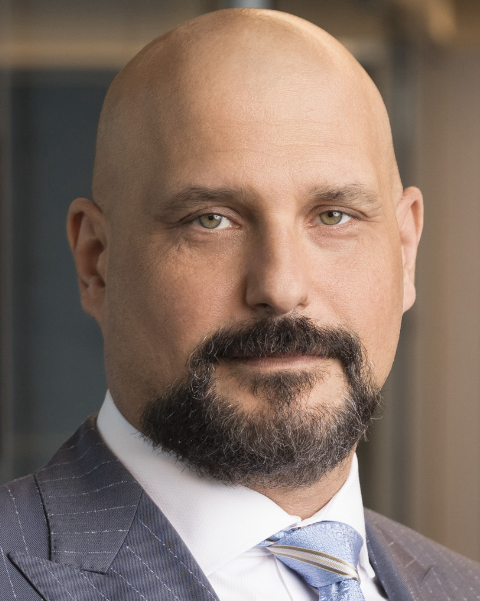
Moheeb Murray
Long COVID: The Pandemic’s Lasting Effects on Supply-Chain Litigation
The coronavirus pandemic glaringly brought to light that a disruption anywhere along our just-in-time supply chain can create substantial and costly ripple effects in our interconnected business world. This presentation discusses the legal ramifications of COVID’s continuing impact on supply-chain disputes; explores the circumstances under which force majeure and commercial impracticability defenses are available; and highlights recent decisions on insurance coverage for COVID-related business interruption.

Lauren Fisher White
Panel: Employment Litigation in the COVID Era: Vaccine Mandates, Religious Accommodations, and Disability Discrimination
COVID-19 upended many workplaces, resulting in an explosion of employment litigation nationwide. As a result, courts have had to address unique legal issues with sometimes limited precedent. This panel provides insight into how the courts have decided employment issues related to COVID-19, including mandatory vaccination, the accommodation of religious beliefs, and disability discrimination in light of the global pandemic.
Panelists:
Julie Moore – Bowles Rice
Robert Shimberg – Hill Ward Henderson
Coffee and Refreshment Break

Jessie Zeigler
Ethics: Getting a Fair High-Stakes Trial Amidst Corporate Villainization in the Media
When companies face litigation and are simultaneously villainized in the media, there may be times when the rule of law in the court room doesn’t seem to apply. While there are options for dealing with unfair rulings, defendants must carefully consider the ethics rules of the state/forum and weigh the pros and cons of their options. This session offers strategic tools to build a more constructive defense and counteract damaging media spin, all while staying within the bounds of ethics rules.
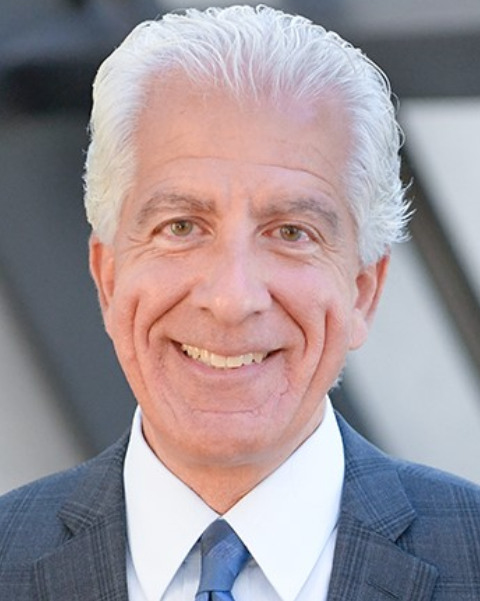
Vito Gagliardi, Jr.
Litigating Against a Moving Target: Challenges Posed by the Constantly Changing Positions of the NLRB
Perhaps no other federal agency so readily disregards recent decisions as the NLRB, which has established, gutted, and reestablished positions over the past eight years. Because the NLRB touches almost every employment relationship in the country, attorneys and their clients need to keep current on the decisions of this agency, where change is the only constant. This session offers insights on navigating the legal challenges posed by the NLRB’s constantly moving target.

Jack Sharman
Presidents, Judges, and Police: Lessons from Unconventional Advocacy
Today’s lawyers must be able to investigate, analyze, and persuade in unconventional landscapes where technology, policy, and personalities drive the narrative. These new crisis environments and vague gray areas often lack a playbook to manage impatient stakeholders, unaccountable social-media commenters, and agenda-driven regulators. This session provides such a playbook complete with checklists and highlights key strategies learned while representing clients in three different landscapes: the House January 6 Committee investigation, a trial to remove a sitting judge from the bench, and an accountability review of a police department.

Amy Sorenson
Closing Argument by The Trial Network Chair
Gather Lunch for Break-Out Sessions
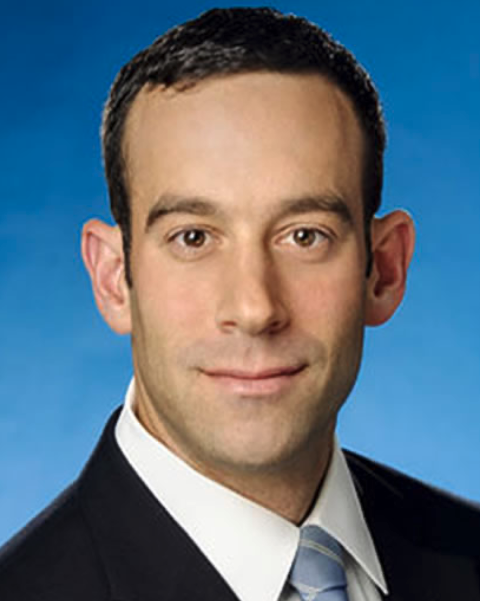
Scott Etish
Break-Out Track A: The Sky is Falling - Avoiding Discovery on Discovery
Most attorneys have been involved in litigation where they suspect an adversary failed to produce all relevant electronically stored information (ESI). Whether the omission was intentional or due to a failure to properly preserve ESI, the requesting party faces the difficult decision of whether to pursue “discovery on discovery,” also known as “metadiscovery,” which entails looking into the adversary’s efforts to search for, locate, preserve and collect relevant ESI. This discussion among in-house and outside counsel explores the pros and cons of pursuing “discovery on discovery.”
Discussion Leaders:
Aaron Boone – Bowles Rice
Amanda Stacy Hartman – 7-Eleven

Shelly DeRousse
Break-Out Track B: Bankruptcy Basics for Trial Lawyers and In-House Counsel
Bankruptcy activity was down in 2020 and 2021 thanks to pandemic-related government subsidies and loans that artificially propped up businesses’ cash flow, closed courts, and moratoriums on foreclosures. Now that subsidies are drying up and litigation is proceeding, companies will not have the same financial incentives to delay filing for bankruptcy, and bankruptcy will again become part of defense strategy. This session discusses bankruptcy procedures, code sections, and rules, as well as negotiation tactics to maximize recovery when a defendant files bankruptcy.
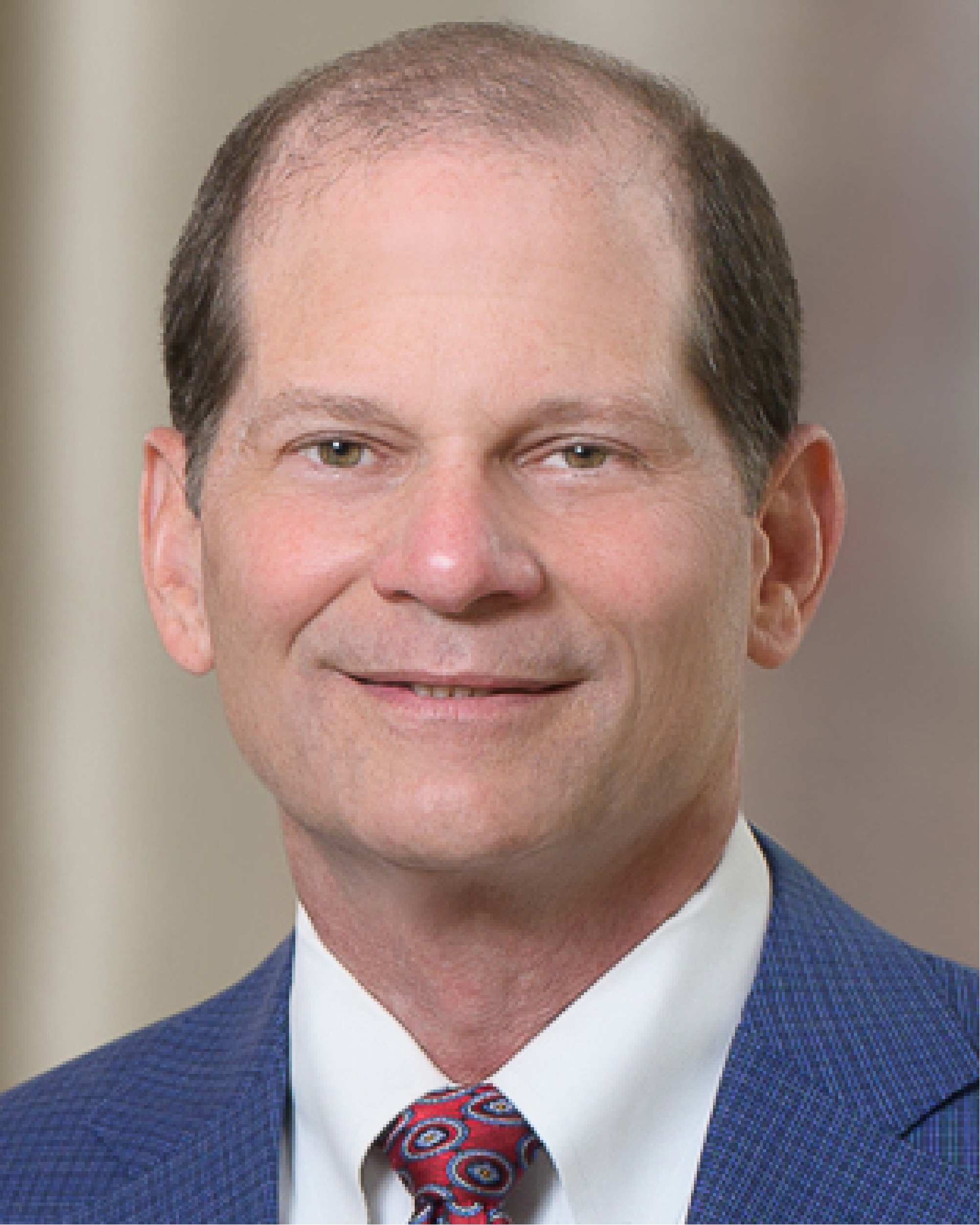
Robert Shimberg
Break-Out Track C: Cybersecurity - The Lawyer’s Role During and After a Cyber-Incident
Businesses face a number of key legal issues during and after a cyber-incident, and attorneys play a critical role in protecting their clients and shielding them from potential future liability. This session explores outside counsel’s experiences and invites in-house counsel to share insights on their role after a cyber-incident.
Discussion Leader:
Racheal Turner – Twitch.tv (Amazon)
